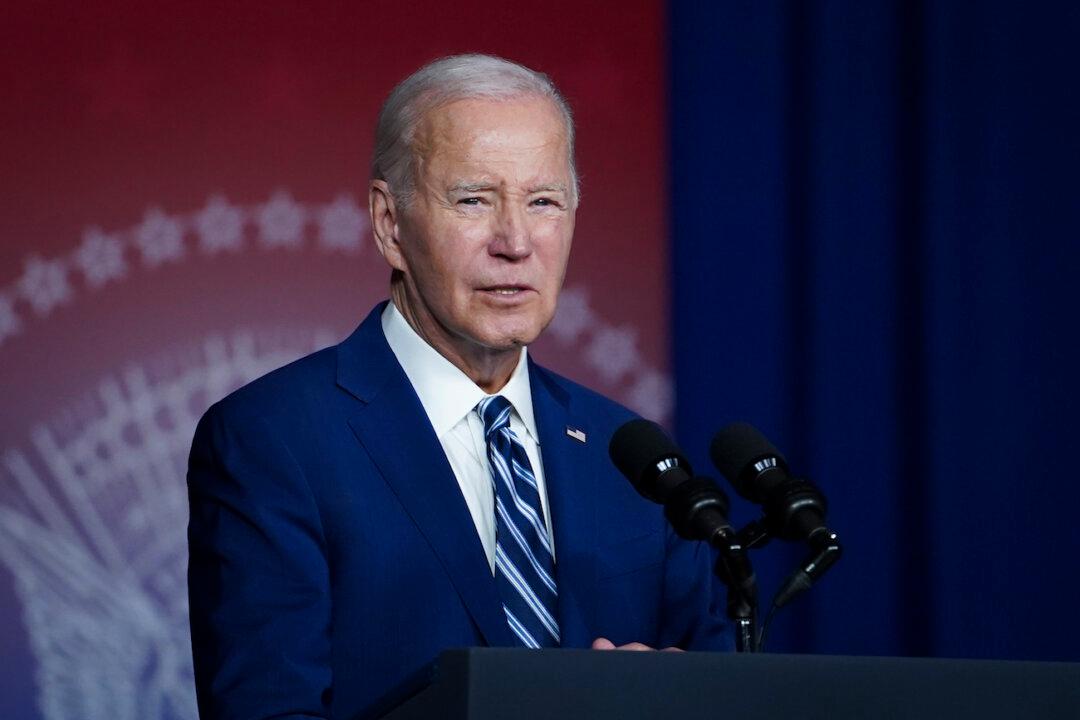A looming government shutdown has come into sharper focus, as the White House on Aug. 31 asked Congress to approve a short-term funding measure to keep the federal government running before it runs out of money at the end of September.
Last year’s $1.7 trillion omnibus funding bill is keeping the government running until the end of fiscal year 2023, which ends on Sept. 30. The massive bill, which totaled more than 4,000 pages, followed three smaller stopgap measures that kept the government operating until congressional leaders negotiated the final, bigger package.





